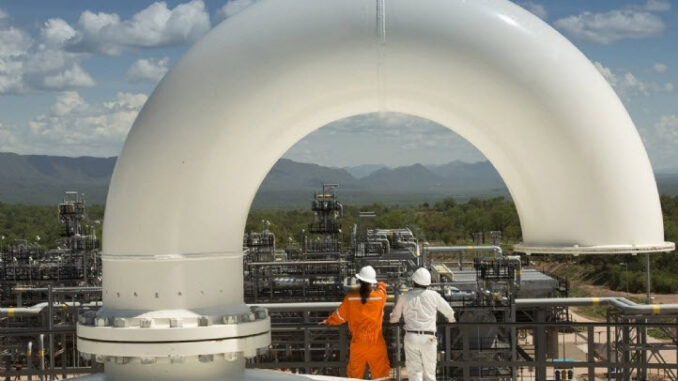
Singapore, 24 June (Argus) — Singapore is eyeing the use of low-carbon hydrogen along with carbon capture, utilization and storage (CCUS) technology in its transition to a low-carbon future and away from fossil fuels.
This comes after two studies “highlighted the pathways for low-carbon hydrogen and CCUS that could be relevant for Singapore, and the barriers to deployment that would need to be overcome”, five Singapore government agencies said. The five are the National Climate Change Secretariat, Economic Development Board, Energy Market Authority (EMA), Maritime and Port Authority and Civil Aviation Authority of Singapore.
Singapore last year pledged to halve its emissions from its peak by 2050, with a plan to achieve net-zero carbon emissions as soon as viable in the second half of this century. Its pledge builds on a 2015 commitment to reduce greenhouse gas emissions by 2030 from 2005 levels and to stabilise emissions, aiming for these to peak around 2030. About 95pc of Singapore’s electricity is currently generated from natural gas, according to the EMA.
The feasibility studies looked at the potential of deploying hydrogen in sectors such as power, maritime, industry, aviation and mobility, as well as how CCUS can reduce Singapore’s emissions from the industry and power sectors and complement the adoption of low-carbon hydrogen.
“As an alternative energy disadvantaged country, we expect these technologies to play important roles in our transition to a low-carbon future,” the agencies said.
But the plan is not without challenges. “Given Singapore’s limited renewable energy resources, it is challenging for Singapore to produce green hydrogen at scale using domestic green electricity. As such, Singapore would need to explore various supply pathways for price-competitive low-carbon hydrogen,” the authorities said. This includes studying whether hydrogen can be imported via ships, or piped from neighbouring countries. Green hydrogen is produced using renewable energy sources through the process of electrolysis by splitting water into hydrogen and oxygen.
There are also barriers to large-scale deployment of CCUS solutions. “Manufacturing fuel and chemicals from CO2 often requires low-carbon hydrogen and is more energy intensive than conventional processes,” the agencies said. Singapore also does not have any known suitable geological formations for the permanent storage of CO2 underground, they added.
One of the next steps for Singapore is to work with other countries to overcome some of these challenges and advance emerging low-carbon technological solutions. The city-state has signed an agreement with Australia to collaborate on low-emissions technologies. It earlier signed an initial agreement with Chile to co-operate on green hydrogen.
By Reena Nathan



